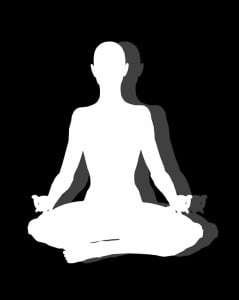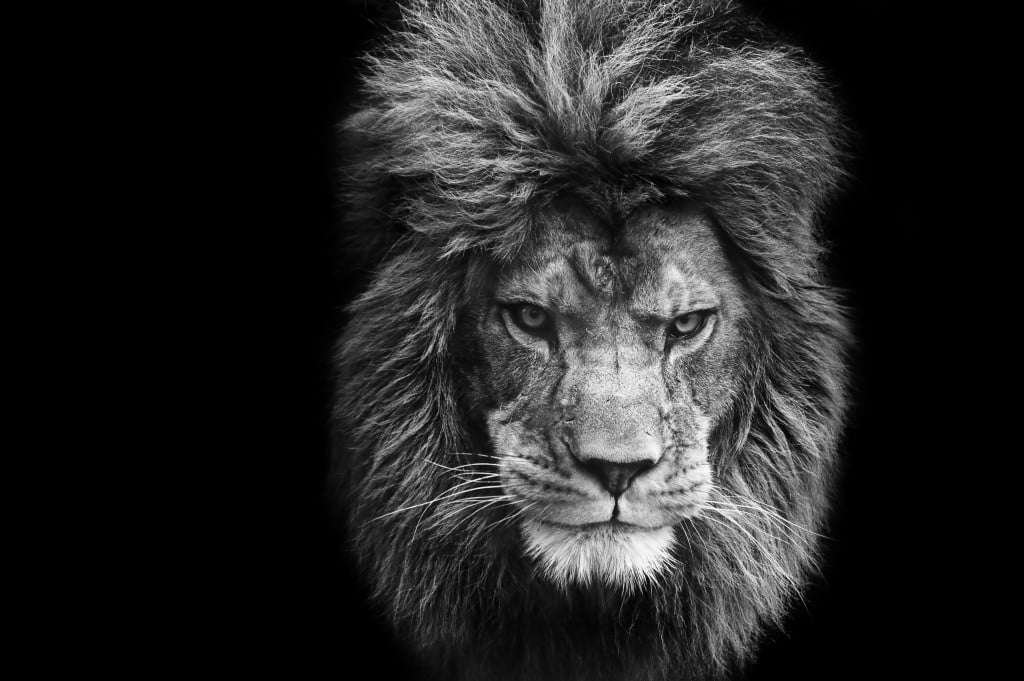Mindfulness of an Empty Mind on Auto-Run
 This one is for Janice and Kathy.
This one is for Janice and Kathy.
I remember when external noises were a nuisance and distraction during meditation. Like many(?) or most(?), I used to think I was supposed to block out noise. What a hoot! Nothing leads to deepening meditation like effort and contraction. At some point, I realized that I can’t stop my ears and brain from doing what they do – registering sound and other convenient processes.
All (most?) of us have had experiences where we were so engrossed in something that all other activity seemed to cease. So the exercise seems to be one of increasing our absorption into ??? eventually awareness of awareness?
It’s interesting how curiosity does not have to involve thinking. We don’t have to engage the content of the mind with our minds(?). I noticed that for many years my meditation seemed to be linked to my eyeballs – always looking for something inside because I seemed to be located right behind those eyeballs in my head. What a relief to discover that those eyeballs, head and body do not contain, nor confine, me.
Imagine my pleasant surprise, one day, to discover that my mind could keep on thinking and planning without me having to be present and overseeing the process. This increased my curiosity about what was meditating – and that seems to be key – a real interest in meditation. Of course, this interest is not so much about understanding meditation with the mind, nor observing the process to improve it. The interest is deeper, subtler – more like our soul has an interest or the meditation has an interest.
All(?) spiritual teachings say that God, the Divine, Allah, True Nature, WHATEVER you name IT – is right HERE , right NOW. Most, also assert, that the Divine is always in a process of revealing itself to us. That being the case why would I need eyes to go looking for it. Why should I need to work so hard. Perhaps I should relax, you know – rest and abide in attentive awareness with no thought of getting anywhere or finding anything – just hang loose in a relaxed way as traffic goes by and dogs bark.
It’s more pleasant now that meditation is not goal oriented. I meditate not for the pleasure of it or for gain, but for… hmm, my mind has no rational reason it can offer. The impulse seems to be coming from elsewhere – perhaps that other end of the candle where the Divine is burning through my veils.
Awareness of mindfulness – a mind with or without content.
The beauty of meditation is that all of life, even our thinking mind, can keep on keeping on while we tend to something much more significant.








